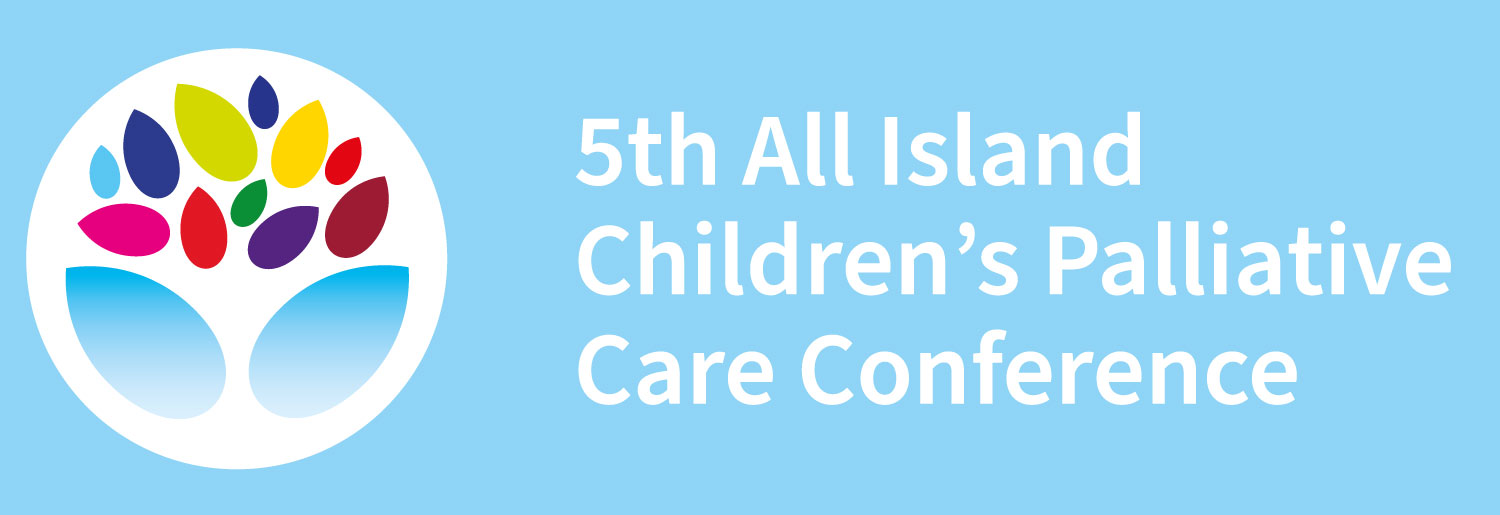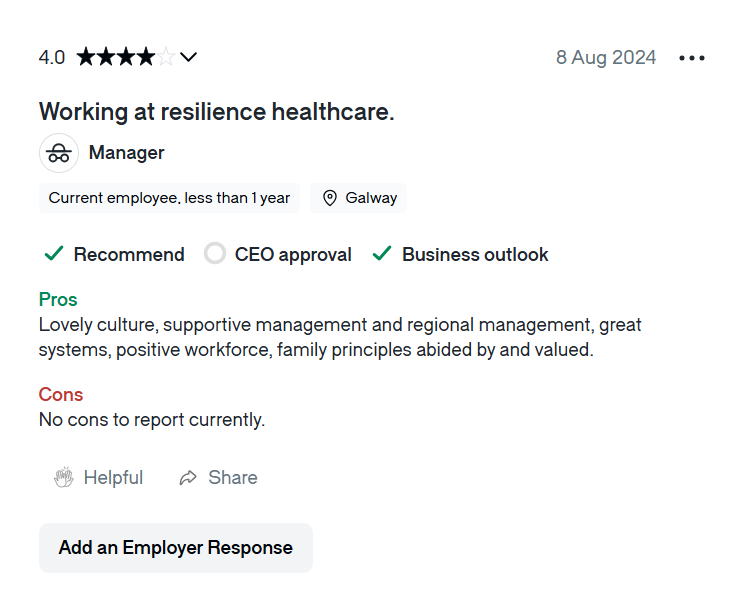Trinity Health and Education International Research Conference (#THEconf2022)
This years Trinity Health and Education International Research Conference (#THEconf2022) took place on Wednesday 9 and Thursday 10 March 2022.
The theme of this year’s conference was Resilience, Rehabilitation and Reablement and so it was only apt that one of our Resilience team was presenting her research Nurses’ experiences of family anticipatory grief in the paediatric palliative homecare setting.
Below, Lisa Harrington, Nurse Manager told us a bit about her work, her research project and implications for practice.
Why choose this research subject?
I’ve worked in the area of homecare for children who have palliative and complex care needs for 6 years, initially as a nurse in a frontline role and subsequently being promoted to Nurse Manager. To develop my specialist knowledge, I completed a PGDip in Children’s Palliative and Complex Care and was fortunate to be able to progress to the MSc programme.
I am privileged to work with children with life limiting conditions and a lot of my work is supporting them, their families and the nursing team who provide direct care to them. Because of this, I have a keen interest in anticipatory grief and how families and nurses can be best supported and guided with pre-bereavement care.

Tell us about the research
The aim of this research was to explore nurses’ experiences of family anticipatory grief in the paediatric palliative homecare setting.
The importance of discovering nurses’ experiences in this area is due to the uncertainty of the length of time the family will experience anticipatory grief. Because nurses work with families throughout this journey, they are therefore best placed to support the families throughout. The research design focussed on gaining nurses unique insights of their experiences.
What were the findings?
Four major themes were discovered – Family Grief, Family Coping Mechanisms, Barriers for Nurses Giving Care, Effect on Nurses. The findings showed that support during the anticipatory grief stage can benefit families after the death of a child. However, there was a marked lack of support for families during this stage, with nurses uncertain as to how they can provide support and guidance for them. Nurses were also affected by working in this area, reporting self-doubt, and bottling up their own feelings.
What are the recommendations from the research and implications for practice?
Support and guidance are vital for families in the anticipatory grief stage, with pre bereavement care a priority. The full effects of anticipatory grief on family’s needs to be examined in order to understand what exactly is needed to support these families. Also, nurses need to be equipped to provide pre-bereavement care and have the tools to support and protect themselves while working in the area of paediatric palliative homecare.
Formal reflective practice sessions for nurses working in this area to encourage self-esteem and reduce self-doubt as expressed by nurses in this research should be seriously considered. This research will assist me and my colleagues in our practice as we continue to support children, families and the nursing team during this difficult time.

Further Presentations
Lisa is presenting at the International Children’s Palliative Care conference in Belfast in November 2022.








